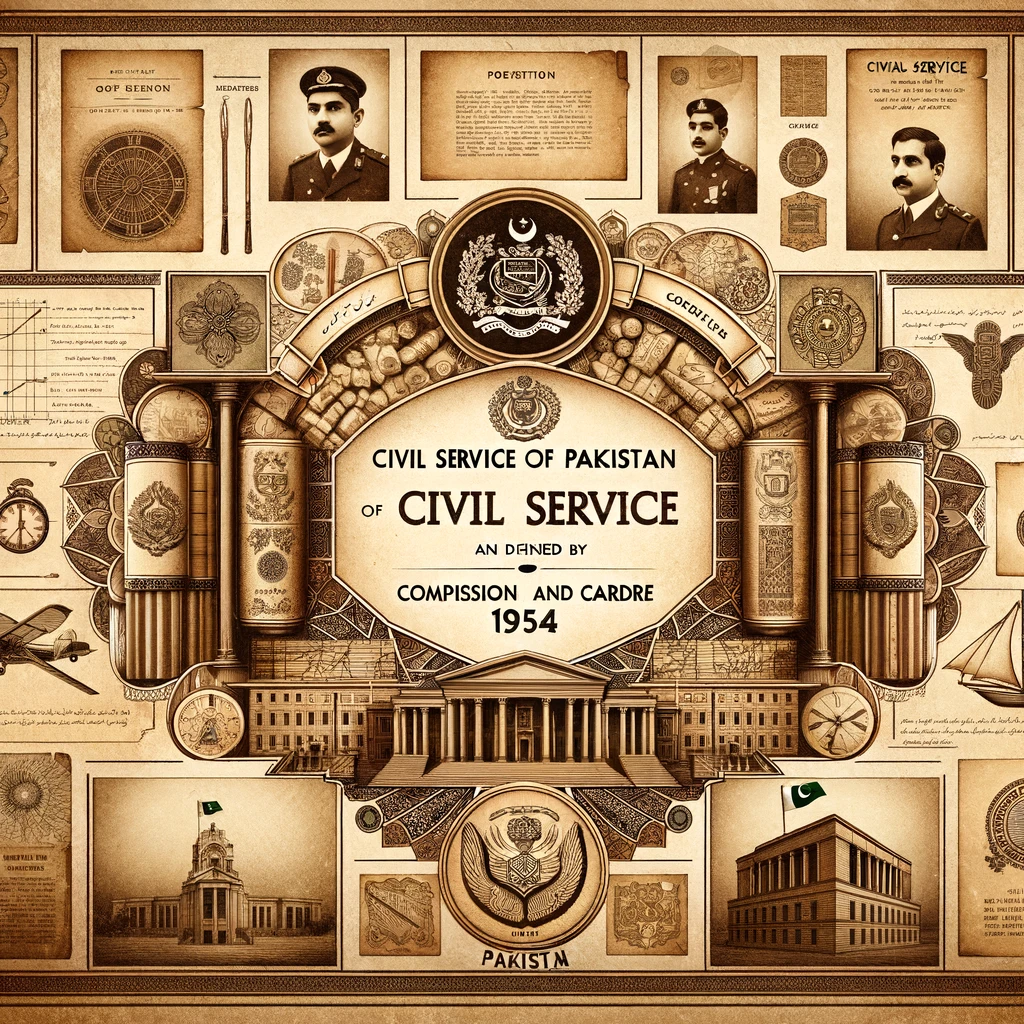THE PUNJAB PREVENTION OF GAMBLING ORDINANCE, 1978 (Pb Ord. VII of 1978)
THE PUNJAB PREVENTION OF GAMBLING ORDINANCE, 1978 (Pb Ord. VII of 1978) The Punjab Prevention of Gambling Ordinance, 1978, is a significant piece of legislation in the Punjab province of Pakistan that aims to prohibit and regulate gambling activities within its jurisdiction. Enacted in 1978, this ordinance provides a legal framework for the prevention of gambling and the prosecution of those involved in gambling-related activities. In this introduction, we will explore the historical context, key objectives, and legal significance of this ordinance. Sections Short title, extent and commencement. Definitions. Penalty for owning or keeping or having charge of a common gaming house. Penalty for being found in common gaming-house. Penalty for gaming in a public place. 5-A. Powers of police officers. Penalty for gaming in private places, etc. Enhanced punishment for subsequent offences. Power to enter and search. Presumption with respect to common gaming-house and persons present therein. Tender of pardon to an accomplice. Power to make rules. Ordinance to over ride other laws, etc. Repeal of W.P. Ordinance No.I of 1961. THE PUNJAB PREVENTION OF GAMBLING ORDINANCE, 1978 (Pb Ord. VII of 1978) [14th March, 1978] An Ordinance to provide for the prevention of gambling Preamble.— WHEREAS it is expedient to provide for the prevention of gambling. NOW, THEREFORE, in pursuance of the Proclamation of the fifth day of July, 1977, read with the Laws (Continuance in Force) Order, 1977 (CMLA Order No.1 of 1977), the Governor of the Punjab is pleased to make and promulgate the following Ordinance- Short title, extent and commencement.— (1) This Ordinance may be called the Punjab Prevention of Gambling Ordinance, 1978. (2) It extends to the whole of the Province of the Punjab. (3) It shall come into force on 15th day of March, 1978. Definitions.— In this Ordinance, unless there is anything repugnant in the subject or context— (a) “common gaming house” means any house, room, tent, enclosure, vehicle, vessel or other place whatsoever in which any instruments of gaming are kept or used for gaming purposes— (i) with the object of profit or gain of any person owning, occupying or keeping such house, room, tent, enclosure, vehicle, vessel or other place whether by way of charge for the use of such house, room, tent, enclosure, vehicle, vessel or place or instruments or otherwise howsoever; or (ii) with or without the object of such profit or gain, if the gaming for the purpose of which such instruments are so kept or used is gaming on any figures or numbers or dates to be subsequently ascertained or disclosed, or on the occurrence or non-occurrence of any natural event; (b) “gaming” includes wagering or betting, including wager or bet made in respect of any horse, mare or gelding running in competition with any other horse, mare or gelding, or of the rider thereof; (c) “Government” means the Government of the Punjab; (d) “instruments of gaming” includes any article used or intended to be used as a means or appurtenance of, or of carrying on or facilitating, gaming, and any documents used as a register or record or evidence of any gaming; and (e) “prescribed” means prescribed by rules made under this Ordinance. Penalty for owning or keeping or having charge of a common gaming house.— (1) Whoever— (a) being the owner or occupier, or having the use, of any house, room, tent, enclosure, vehicle, vessel or other place keeps or uses, or knowingly or wilfully permits the same to be occupied, kept or used by any other person as a common gaming-house; or (b) has the care or management, or in any manner assists in conducting the business, of any common gaming-house; or (c) advances or furnishes money for the purpose of gaming with persons frequenting any common gaming-house, shall be punishable with imprisonment for a term which shall not be less than one month nor more than one year, or with fine which shall not be less than one hundred rupees nor more than one thousand rupees, or with both. (2) In a prosecution under sub-section (1), it shall not be necessary to prove that the person found playing was playing for any money, wager or stake. Penalty for being found in common gaming-house.— (1) Whoever is found in any common gaming-house playing or gaming with cards, dice, counters, money or other instruments of gaming, or for the purpose of gaming, whether for any money, wager or stake or otherwise, shall be punishable with imprisonment for a term which may extend to one year, or with fine which may extend to five thousand rupees, or with both. (2) Any person found in any common gaming-house during any gaming or playing therein shall be presumed, until the contrary be proved, to have been there for the purpose of gaming. Penalty for gaming in a public place.— Whoever is found gaming in any public place, street or thoroughfare, shall be punishable with imprisonment for a term which may extend to [three years], or with fine which may extend to [five thousand rupees], or with both. [5-A. Powers of police officers.— A police officer, not below the rank of Sub-Inspector, may— (a) arrest without warrant any person committing an offence under section 5; (b) search any person so as to seize instruments of gaming used for committing an offence under section 5; and (c) seize and take possession of gaming moneys, securities, articles of value and instruments of gaming reasonably suspected to have been used or intended to be used for the purpose of committing an offence under section 5.] Penalty for gaming in private places, etc.— Whoever is found gaming in any house, room, tent, enclosure, vehicle vessel or other place shall be punishable with imprisonment for a term which may extend to [five years], or with fine which may extend to [seven thousand rupees], or with both. Enhanced punishment for subsequent offences.— Whoever, having been convicted of any offence under this Ordinance, again commits any such offence shall be punishable
THE PUNJAB PREVENTION OF GAMBLING ORDINANCE, 1978 (Pb Ord. VII of 1978) Read More »
Laws of Pakistan - Library









